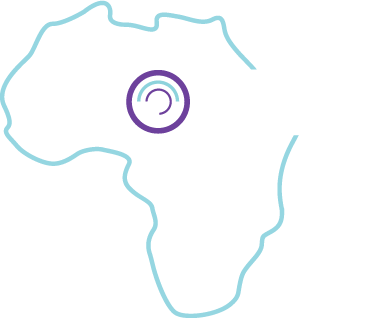Modelling and Economic evaluations
Our team at Imperial College London has developed mathematical models to identify the best cost-effective strategies to achieve HBV and HCV elimination. The work has been led by Prof. Tim Hallett and Dr Shevanthi Nayagam. The multi-disciplinary research of this group combines clinical field research and the use of applied modelling and health economics in guiding public health policy towards the elimination of viral hepatitis. The research aims to better understand the epidemiology of viral hepatitis and how to scale-up delivery of hepatitis prevention and treatment interventions in the most effective and cost-effective way, primarily in high burden settings in Africa and Asia. Their research also aims to develop innovative methods of data analytics, including return on investment methodology and modelling to inform validation elimination of HBV mother-to-child transmission. The group has been collaborating with the World Health Organization (WHO) on hepatitis issues since 2012. This collaboration includes the global HBV model which was used to inform the first global hepatitis elimination targets, which were adopted by the World Health Assembly in May 2016. Their research has also contributed to the WHO 2017 Hepatitis testing guidelines and they have been invited to WHO technical consultations on the elimination of HBV mother-to-child transmission in China and Malaysia. More recently, the group have published a global simulation model for HCV. Professor Hallett and Dr Nayagam are members of the Vaccine Impact Modelling Consortium and lead one of the Hepatitis B models evaluating the impact of vaccination scale-up in GAVI’s funding portfolio. Their research has supported several countries, including Senegal, South Africa and China, in developing their national hepatitis strategies. In the case of China, since 2015, they established a research collaboration between China CDC and WHO China, evaluating the impact of a package of policy changes in support of HBV and HCV, and this analysis was followed by a major national-level policy change regarding the funding of HBV drugs.
References:
![]() Scaling up prevention and treatment towards the elimination of hepatitis C: a global mathematical model, Lancet 2019.
Scaling up prevention and treatment towards the elimination of hepatitis C: a global mathematical model, Lancet 2019.
![]() Cost-effectiveness of community-based screening and treatment for chronic hepatitis B in The Gambia: an economic modelling analysis, Lancet Glob Health, 2016.
Cost-effectiveness of community-based screening and treatment for chronic hepatitis B in The Gambia: an economic modelling analysis, Lancet Glob Health, 2016.
![]() Requirements for global elimination of hepatitis B: a modelling study, Lancet Infect Dis, 2016.
Requirements for global elimination of hepatitis B: a modelling study, Lancet Infect Dis, 2016.
